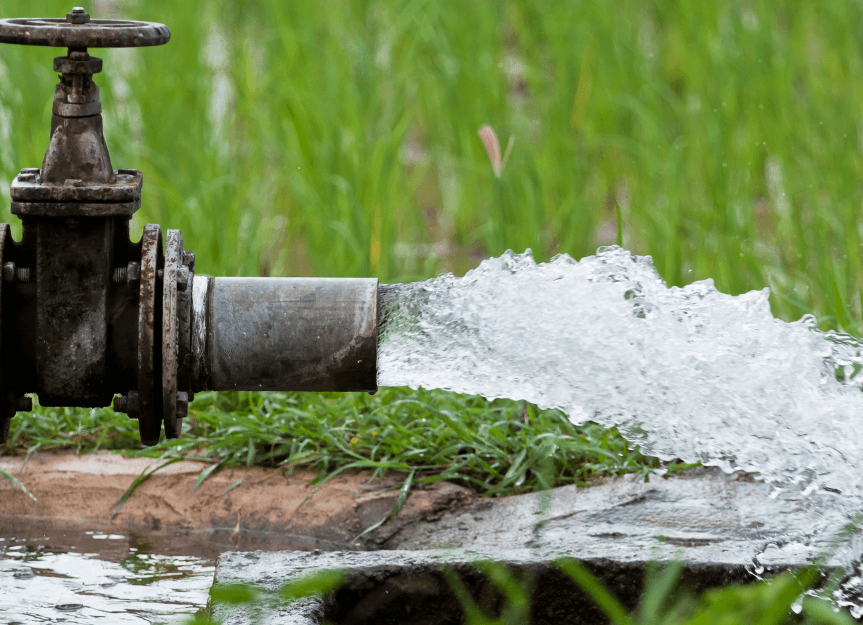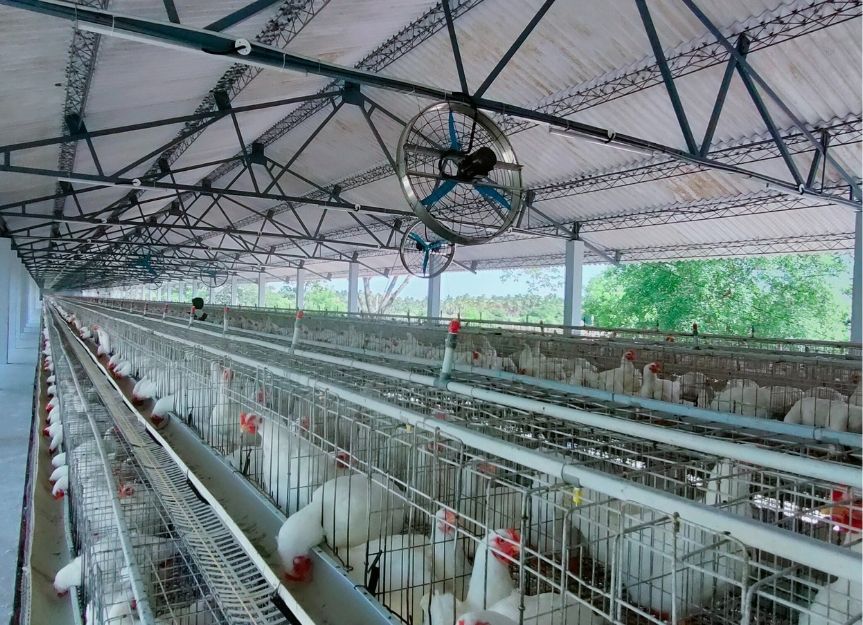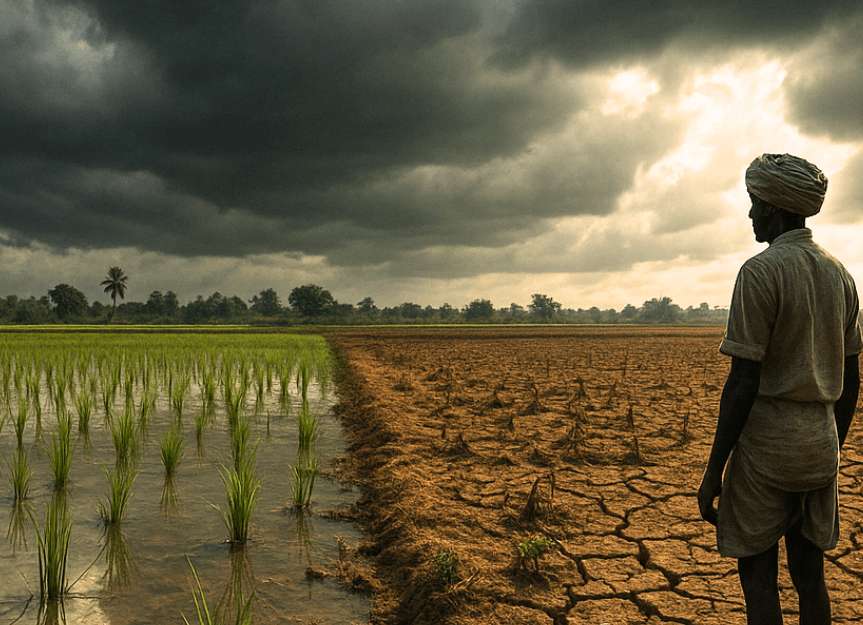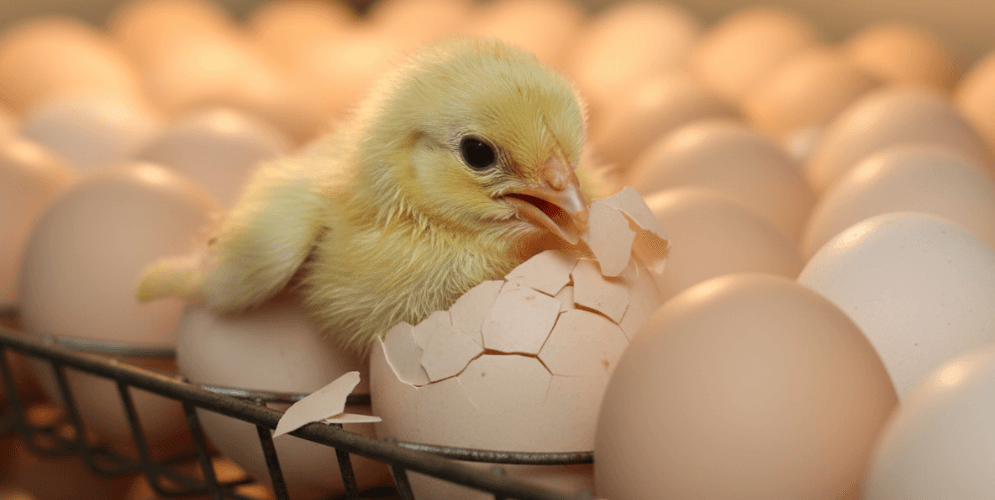The Contribution of Precision Agriculture Toward Carbon Neutrality

Table of Contents
Introduction
Agriculture is both a contributor to and a potential solution for addressing climate change. With global efforts to achieve carbon neutrality, precision agriculture is emerging as a key player in reducing greenhouse gas (GHG) emissions, enhancing carbon sequestration and promoting sustainable farming practices. By integrating data-driven technologies, precision agriculture offers tools and techniques to minimize environmental impact while optimizing productivity.
How Precision Agriculture Supports Carbon Neutrality?
Reducing Greenhouse Gas Emissions
Precision agriculture reduces excessive use of fertilizers, water, and energy—key sources of GHG emissions—by using tools like VRT for targeted fertilizer application and AI-powered machinery to cut fuel use.
Enhancing Carbon Sequestration
Soil is a natural carbon sink, and precision agriculture boosts its carbon storage through no-till farming and optimized cover cropping using data-driven practices.
Optimizing Resource Use
Precision agriculture optimizes use of water, fertilizers, and pesticides, reducing waste and environmental harm through smart irrigation and targeted pesticide application.
Promoting Renewable Energy Integration
Precision agriculture integrates renewable energy sources like solar-powered irrigation systems and electric farm equipment, further reducing reliance on fossil fuels.
Real-World Impact: Precision Agriculture and Carbon Neutrality
Case Study 1: Reduced Emissions in Rice Cultivation
Rice fields are a major source of methane emissions. Precision water management technologies like Alternate Wetting and Drying (AWD) reduce methane emissions by 50%, contributing to a lower carbon footprint.
Key Technologies Driving Carbon-Neutral Precision Agriculture
- IoT and Sensors: Real-time data collection optimizes resource use and reduces emissions.
- Drones and Satellite Imaging: Remote monitoring minimizes unnecessary field operations and supports targeted interventions.
- AI and Machine Learning: These technologies analyze patterns and predict needs, ensuring efficient resource application.
Benefits of Precision Agriculture for Carbon Neutrality
- Reduction in Emissions: Minimizes the release of nitrous oxide, methane and CO2.
- Improved Soil Health: Promotes practices that enhance soil carbon sequestration.
- Sustainable Resource Management: Reduces water, fertilizer and pesticide overuse.
- Increased Farm Profitability: Reduces costs while maintaining or improving yields.
- Alignment with Global Climate Goals: Supports initiatives like the Paris Agreement and carbon trading programs.
Challenges and Opportunities
Challenges:
- The High initial cost of precision agriculture tools.
- Limited access to technology in developing regions.
- Training farmers to adopt and use these technologies effectively.
Opportunities:
- Governments and organizations are offering subsidies and incentives for adopting precision agriculture.
- Carbon credit markets present financial opportunities for farmers practicing sustainable agriculture.
Conclusion
Precision agriculture is a game-changer in the global fight against climate change. By reducing emissions, enhancing carbon sequestration and promoting sustainable practices, it plays a pivotal role in achieving carbon neutrality. With ongoing technological advancements and increased adoption, precision agriculture has the potential to transform farming into a cornerstone of global climate solutions.
Table of Contents
Keep Exploring Our Blog Collection










